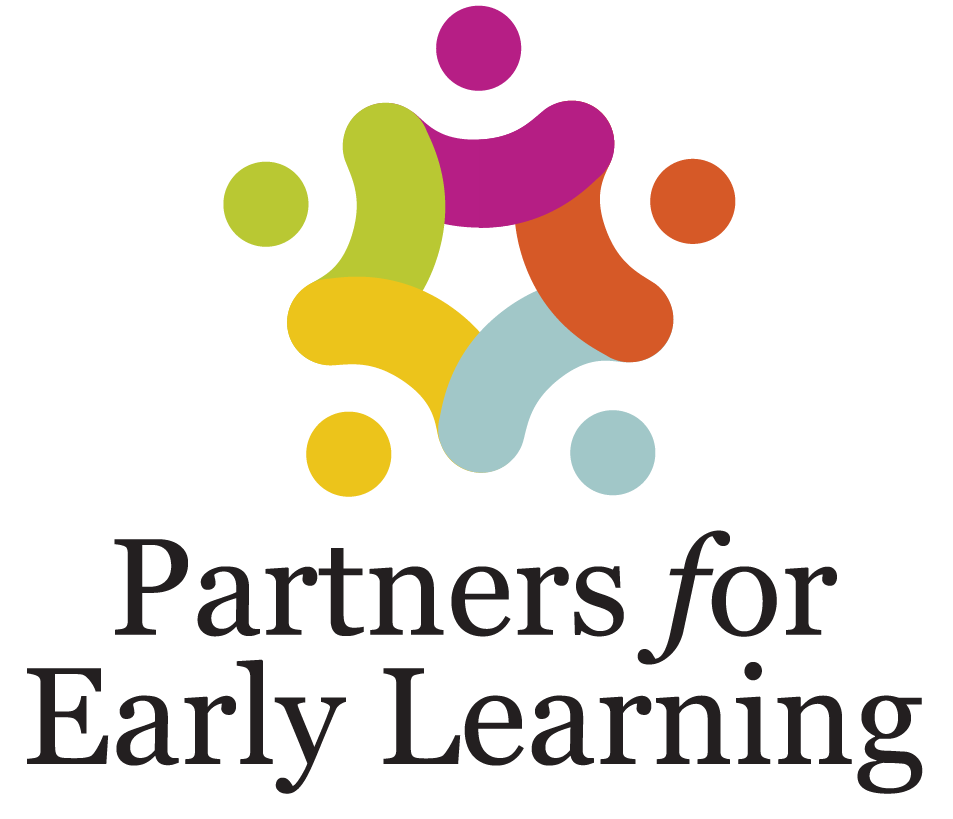New Baby is Home!
When a new baby arrives, life changes for everyone. These changes are especially big for an older brother or sister. Suddenly, they don’t have Mom and Dad to themselves anymore, and they’re getting less attention. They also have to learn how to act around a new baby who cries a lot and can’t do the things they like to do. They might have to adjust to new beds or rooms, and people might expect them to act more responsibly now that they are a “big sister” or “big brother.” This is a lot for toddlers or preschoolers to handle.
Research shows that almost all children under age four—93 percent in one study—behave negatively in some way once their baby brothers and sisters are born.
With a new baby in the house, you may find that older children start acting differently:
- They may want help to do things they once could handle on their own, such as getting dressed, feeding themselves, or using the toilet.
- They may pretend they are babies, wanting to be rocked or fed with a bottle.
- They may have trouble falling asleep or sleeping through the night.
- They may insist on sticking to routines, no matter what.
- They may be aggressive toward the new sister or brother, ranging from “near misses” (almost doing something to the baby and then stopping) to poking, pushing, or hitting.
- They might be upset at the baby, or they may be acting this way to get your attention.
- They may try to irritate the baby by making noise, taking toys away, or doing other things the baby doesn’t like.
New baby, old problems
Your baby is 6 months old, and he’s a happy little snuggle bug. He loves playing peek-a-boo, and he just started crawling last week. But since the new baby arrived, it’s been a different story with your 3-year-old. There’s no getting around it: Your toddler is now a grump. She pouts at you and frowns or pokes at the baby. She used to sleep all night, but now she wakes up and needs your help to get back to sleep. She used to say, “I can do it myself,” but now she whines, “Help me!” She wants you to feed her again, play with her, and even pull on her socks when you know she can do it herself.
It doesn’t last long
Even if your children are doing some of these things, don’t despair, it doesn’t last long. In fact, by the time the new baby is one year old, the older children will move forward again and even become a little protective of the baby. Also, more than half of older children became more independent after the birth of a baby.
Before baby arrives
- Tell children that the new baby will have its own thoughts, feelings, and wishes. Children who hear this often interact better with their siblings once they arrive.
- Talk about where the baby will sleep and what the baby will do during the day.
- As much as possible, encourage your older children’s friendships with other children. One study found that having a close playmate helped children interact with their younger brothers and sisters.
Helpful parenting tips
- Take older children to visit mom and new baby in the hospital. Children who visit the hospital after a birth are more likely to respond well when their mothers return home.
- Try to give attention to any other older siblings.
- Try to be patient if your older children want help to dress, eat, or play. It will pass, usually before the new baby is a year old.
- Try to include your older children in taking care of the baby. Fetching diapers or playing with the baby may help older children feel more involved. Ask for help in figuring out what the baby wants.

